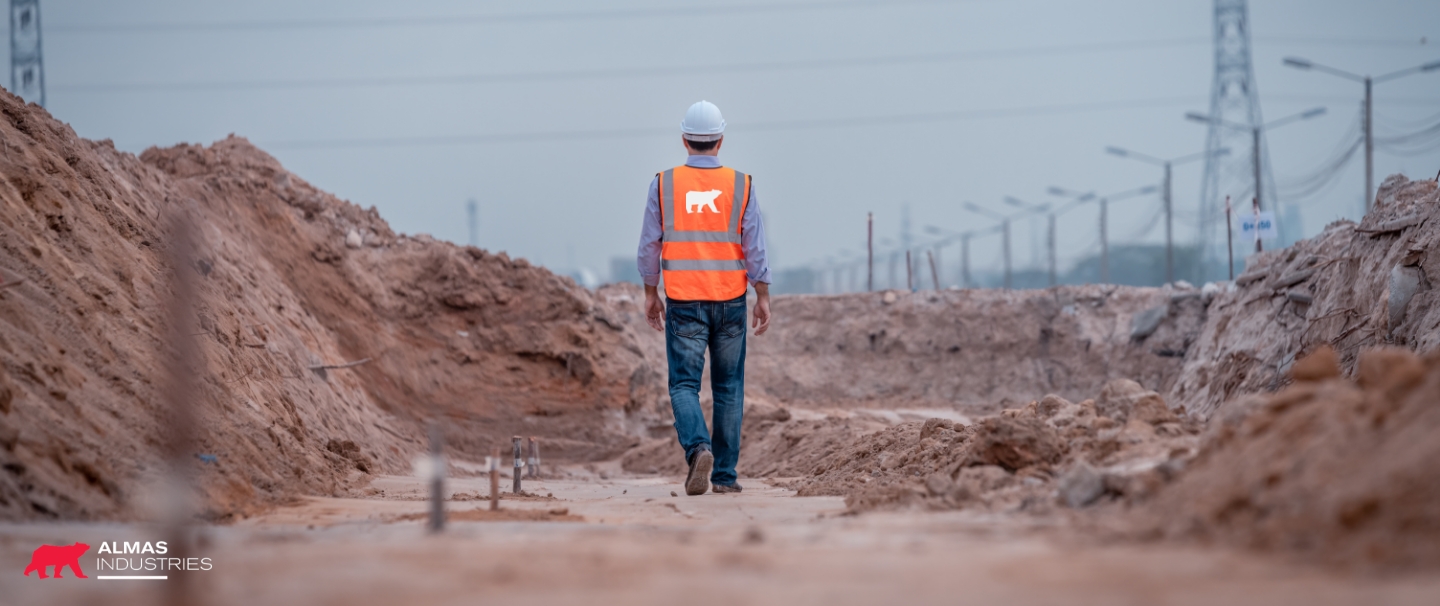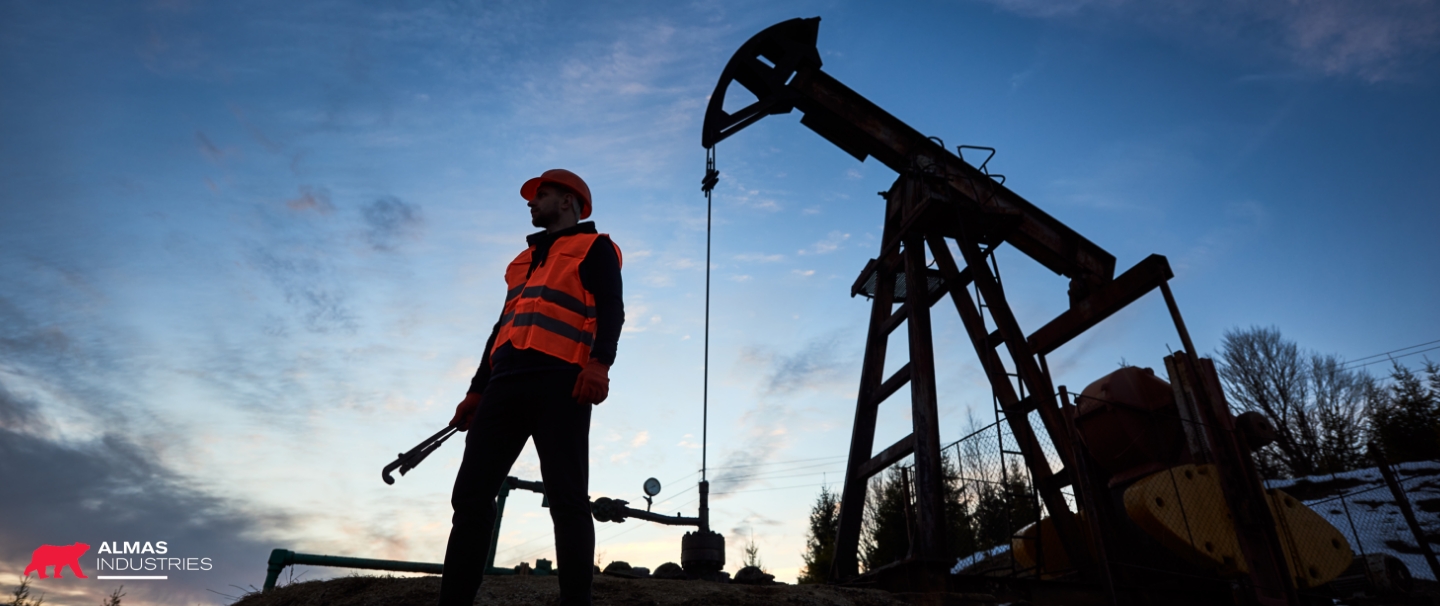
The welfare of employees is a top priority in the fast-paced environments of logistics, manufacturing, and large enterprises. A distinct subset of the workforce stands out: the lone workers. These people deal with unique working conditions, frequently operating alone or under remote supervision.
To underscore the gravity of the situation, the Health and Safety Executive (HSE) reported 65,427 non-fatal workplace injuries to employees in the UK for the year 2020/21, with a portion attributed to lone workers. Shockingly, up to 150 lone workers are verbally or physically attacked in the UK each day, amounting to a staggering 54,750 lone worker attacks annually.
Two harrowing cases from recent years serve as stark reminders of the importance of lone worker safety. In 2018, a UK manufacturing company faced a £120,000 fine following a grave incident where a lone worker suffered severe injuries after becoming trapped in a machine.
Similarly, in 2015, another UK manufacturer was fined £112,500 when a lone worker sustained serious head injuries in a fall from a ladder. In both cases, inadequate safety measures and insufficient training were identified as key factors contributing to these tragic events.
The Legal Duty of Care
The Health and Safety at Work etc. Act (1974) outlines the general duties of employers and employees. Notably, employers bear the responsibility of ensuring the health, safety, and welfare of employees. For all workers, this entails safe systems of work, health and safety policies, training, and creating a safe working environment. Applying this to lone workers means assessing and mitigating any additional risks that they face because they are not closely supervised.
The Management of Health and Safety at Work Regulations (1999) further necessitates employers to assess and manage risks effectively. If it’s determined that work cannot be safely undertaken by a lone worker, alternative arrangements must be made.
The legal framework makes it clear that companies in the UK and Ireland must navigate a complex landscape of regulations and responsibilities; nevertheless, armed with this knowledge, we can now move on to investigate the essential strategies that enable employers to satisfy these obligations in a productive manner.
5 Strategies for Safety and Security
1. Thorough Risk Assessment
The foundation of any effective lone worker safety strategy begins with a thorough risk assessment. This examination must be tailored to your individual sector and work environment. Determine the likelihood of occurrence and the severity of prospective dangers. Consider the usage of heavy machinery, exposure to dangerous products, and isolated delivery routes. You obtain significant insights into the issues that your lone employees confront by doing a thorough risk assessment. Utilise this evaluation as the foundation for establishing safety measures and practises that directly address the identified hazards, resulting in a safer working environment.
2. Effective Communication Protocols
The essence of lone worker safety is clear and effective communication. Establishing strong communication channels is critical for keeping lone employees linked and ensuring their safety. Use regular check-ins to stay in touch with lone employees during their shifts. Provide them with dependable two-way communication equipment that enable them to stay in touch with a central office or monitoring centre. Establish a streamlined procedure for raising alarms in an emergency. A reliable communication system may be the difference between a small event and a catastrophic one, making it a critical component of lone worker safety.
3. Training and Awareness
Training and awareness are crucial for lone worker safety because knowledge is power. Invest in thorough training programmes that provide lone employees the know-how and abilities they need to successfully negotiate their working situations. Make sure they are knowledgeable about safety practises, how to utilise safety equipment properly, and how to react appropriately in a variety of emergency situations. Refresh this course frequently to maintain skills current and sharp. Additionally, raise awareness among your lone employees of the difficulties they can have, such as potential psychological pressures. By arming them with information, you give them the power to defend both themselves and their co-workers.
4. Equipping Lone Workers with Safety Devices
Safety devices are the first line of defence for lone workers, providing a critical lifeline in an emergency. Equip your lone employees with innovative safety gear like the Almas Safety Watch or SOS Alarm. These gadgets provide more than simply a way to set alarms. They provide real-time location monitoring, automated fall detection, and dependable communication. In the case of an emergency, these devices enable speedy reaction, ensuring that help arrives as soon as possible. By offering these modern tools to your lone workers, you not only improve their safety but also give them piece of mind while they carry out their job.
5. Mental Health Support
While physical safety is critical, it is also critical to consider lone workers’ emotional well-being. Recognise the distinct psychological obstacles they confront, such as isolation and the possibility of stress and worry. Increase mental health awareness inside your business by cultivating a culture in which lone workers feel safe expressing their mental health. Make resources and support mechanisms available, such as counselling services or employee help programmes. Prioritising mental health care creates a comprehensive approach to lone worker safety that meets both their physical and emotional needs, resulting in a healthier and safer work environment.
Comprehensive Solutions by a Trusted Provider
The Almas Group is in the forefront of protecting lone employees in several European nations, including the United Kingdom and Ireland. Every day, we protect thousands of workers in a variety of settings, from manufacturing to retail, logistics to domiciliary care.
Download our comprehensive free whitepaper on Creating a Robust Lone Worker Policy.
For more information on lone worker devices, contact the team at Almas Industries today on 0333 567 77 99 (UK) / 01 68 333 68 (IRE) or email us: [email protected]



